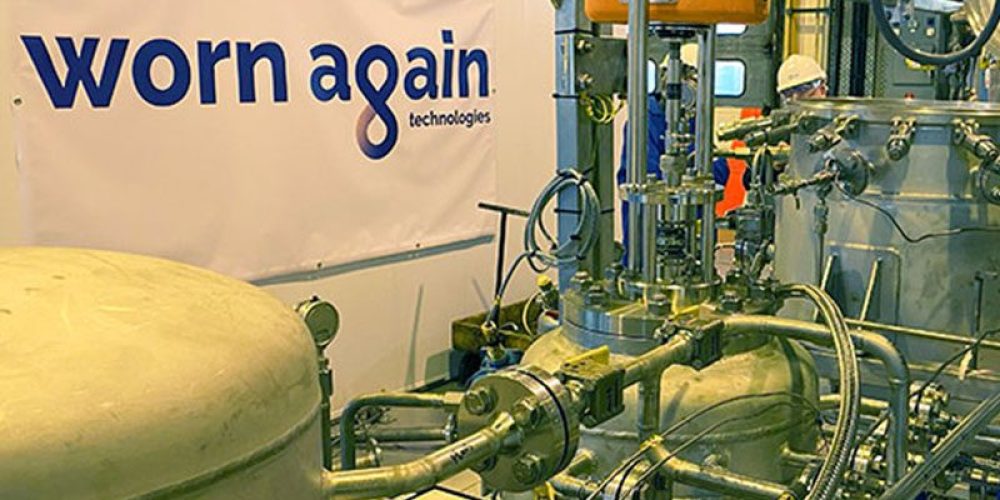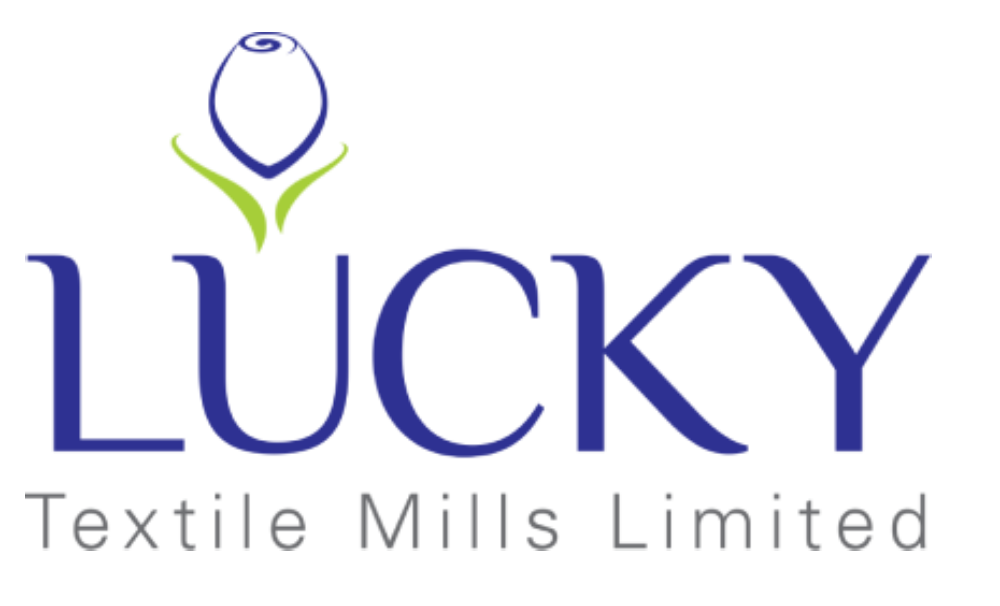Lucky Textile Mills Limited is excited to share a significant achievement in our Net-Zero Decarbonization Roadmap. On June 27th, 2024, our near-term and long-term greenhouse gas (GHG) emissions reduction targets, aligned with a 1.5°C pathway, have been officially validated by the Science Based Targets Initiative (SBTi). This validation encompasses our entire supply chain and operational facilities, spanning from fiber spinning to the final dispatch of products.
We are committed to reaching net-zero GHG emissions across our entire value chain by 2050. To this end, Lucky Textile Mills Limited has set ambitious targets:
Lucky Textile Mills Limited commits to reduce absolute Scope 1 and 2 GHG emissions by 50.4% by 2032 from a 2022 base year.
Lucky Textile Mills Limited commits to reduce absolute Scope 3 GHG emissions from purchased goods and services, fuel and energy-related activities, and upstream transportation and distribution by 30% within the same timeframe.
Lucky Textile Mills Limited commits to reduce absolute Scope 1 and 2 GHG emissions by 95% and Scope 3 GHG emissions by 90% by 2050 from a 2022 base year. This target includes land-related emissions and removals from bioenergy feedstock.
We continually strive to enhance the performance of our green supply chain and sustainability management systems. Our value chain is dedicated to adopting the best practices, organizational systems, and technologies to protect the climate, reduce emissions, and safeguard our surroundings and ecosystems from adverse impacts.
Lucky Textile Mills Limited is the first factory in Pakistan to achieve STeP (Sustainable Textile Production) certification and also complies with DETOX TO ZERO by OEKO-TEX. The factory has achieved Level 3 certification in all six categories: Environmental Management, Environmental Performance, Social Responsibility, Quality Management, Chemical Management, and Safety. We are eligible for the MIG (Made in Green) labeling on our products, which ensures that they are sustainable and tested for harmful substances as per Oeko-Tex requirements.
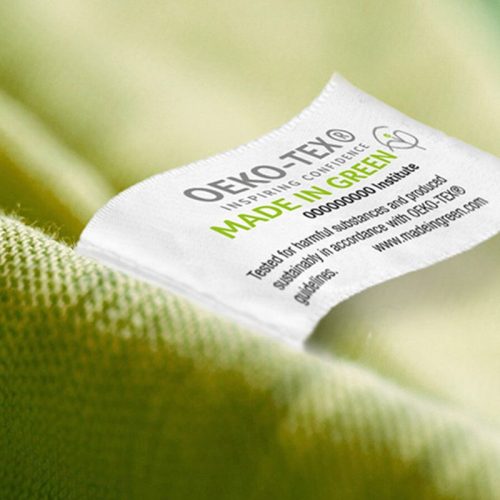

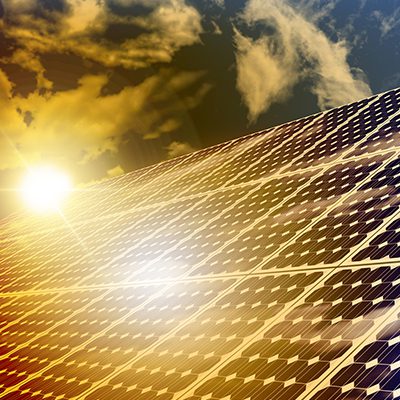

Lucky Textile Mills Limited has installed a 12 MWh solar project within the factory premises, including our spinning, weaving, and processing units, to generate 20,000 megawatt-hours of green renewable energy every year. This initiative has offset approximately 10,000 tCO2e of greenhouse gas emissions annually.
Lucky Textile Mills Limited has invested 51% in a 100 MWh offsite wind energy project named Lucky Renewables, located on the coastal belt of Jhimpir, Sindh, to generate green renewable electricity. This energy is supplied to the National Grid, offsetting approximately 0.2 million tCO2e of greenhouse gas emissions every year.
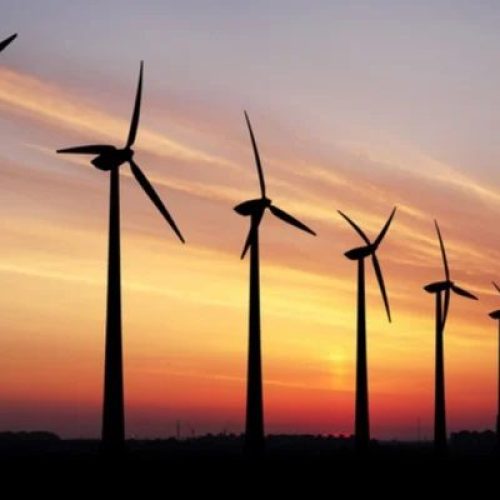

Lucky Textile Mills Limited has its own Effluent Treatment Plant (ETP) with a capacity of 4,500 m³ per day. The plant is a biological activated sludge type with a retention time of over 50 hours to effectively decompose organic matter. The ETP is designed not only to meet local standards but also to comply with international standards such as ZDHC and DETOX TO ZERO.
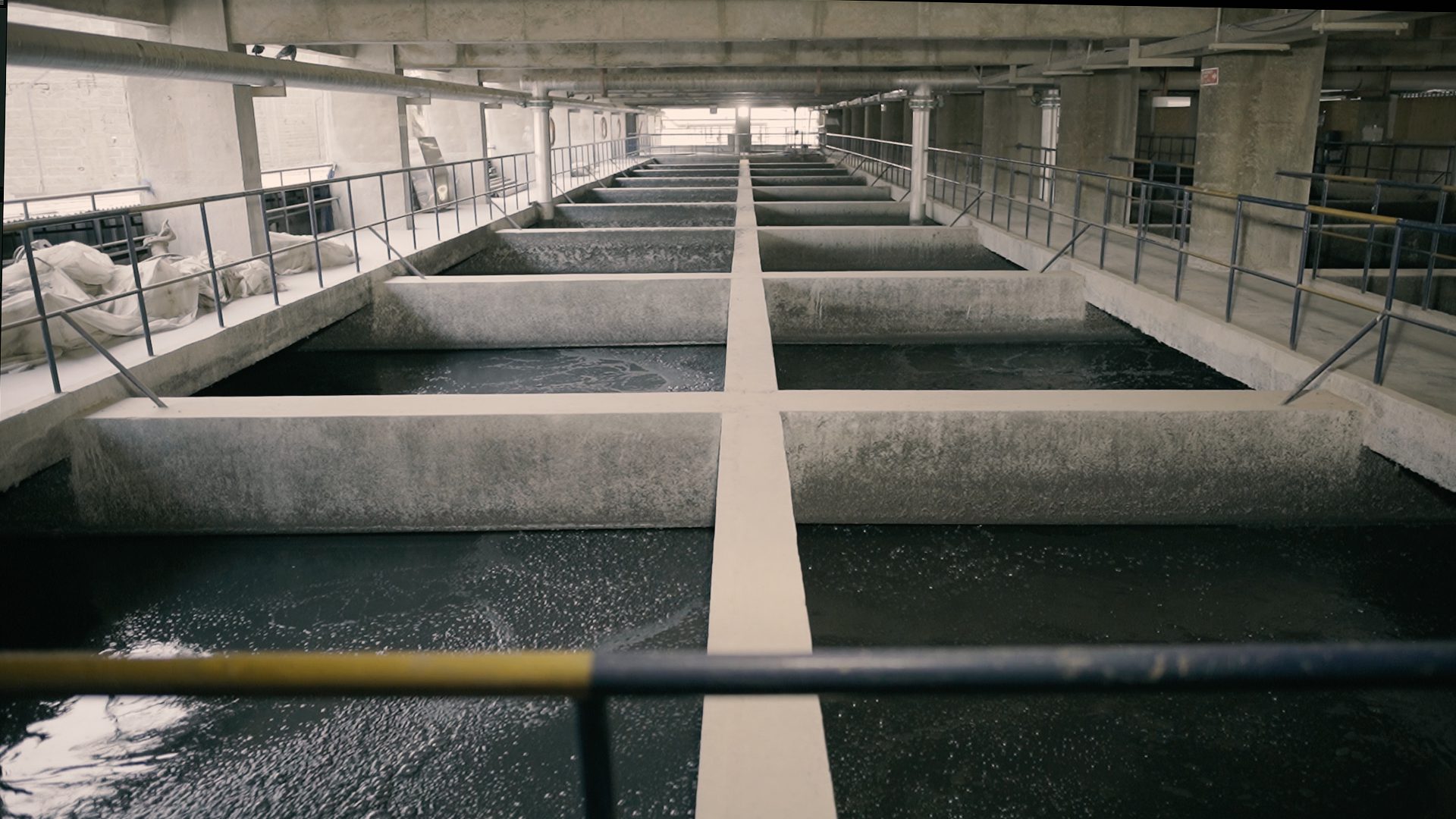

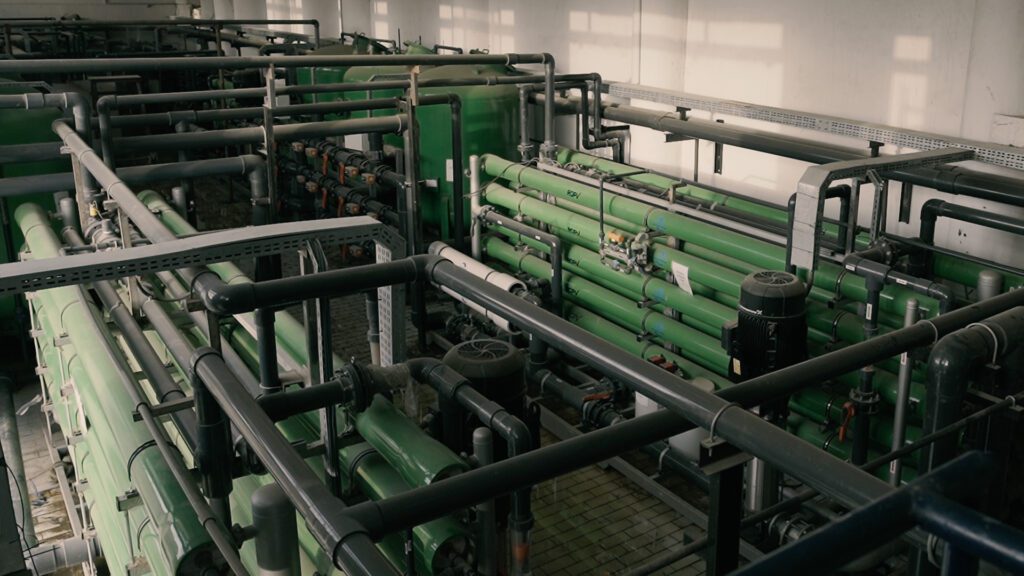

Lucky Textile Mills has successfully initiated a wastewater recycling plant within its facility, with a capacity of 2,500 m³ per day. This plant recycles water from the ETP discharge source, which is then reused in Lucky Textile’s wet processing operations. Through this initiative, the factory saves millions of gallons of fresh water annually.
Lucky Textile Mills is at the forefront of sustainable practices with the installation of various best available technologies in our operations, including waste heat recovery boilers, condensate steam recovery systems, and water-to-water and engine jacket water heat recovery systems. Through these technologies, the factory is saving approximately 5.2 million m³ of natural gas and offsetting 9,800 tons of carbon emissions every year.
Lucky Textile Mills Limited has invested in the UK-based initiative “Worn Again” to support our mission towards circularity. The initiative aims to address the global issue of fabric wastage, which contributes to landfill and incineration in many countries. This project will develop a polymer recycling process capable of separating and extracting polyester and cellulose from cotton.
